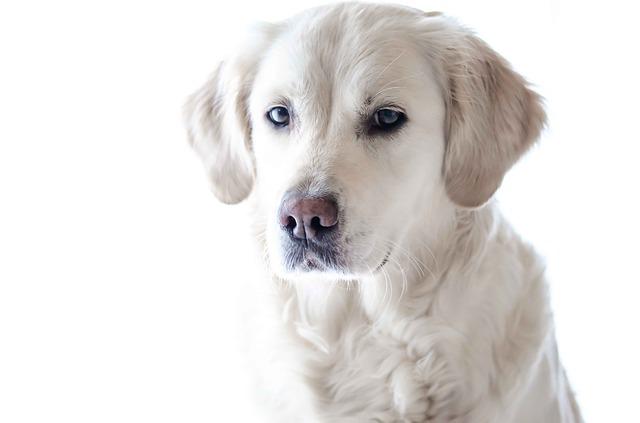
When you first meet your dog, chances are he didn’t show his true colors and may have come to you with a few “problems”. Fortunately, continuing your training sessions will pay off, with a dog that is well behaved and joy to be around.
Try to walk in your dogs shoes before you criticize them. When your dog is slow to learn, you may become frustrated. Try putting thinking like your dog would, rather than quitting. Imagining things as they see things may give you a different perspective in training them.
Dogs have the uncanny ability to have single-minded focus when something catches their attention. After you do this enough times, it will become easier for you to get your dog’s attention. The dog will look for your signals.
Never tie two or more dogs in close vicinity to one another. Their chains could get tangled up and as they struggle to get free; there is a good chance the dogs can get injured. A larger dog could cause a tangle so bad that the smaller dog could be choked by the leash.
In puppy training, use the same volume and tone of voice when you state a command. They will know this tone of your voice and associate it with being in trouble. They will also know when you are being positive.
When training your pet, you must be patient. Patience is the best way to keep your dog from becoming confused and for you to remain calm. Understand that your dog actually wants to please you, however he/she can be confused with what it is you want them to do.
When training your dog, always remember to have fun. Taking some time to have fun with your dog makes your dog like you more, which means fewer problems when training him. In addition to your daily training sessions, take time out for simple play. Make this uncomplicated and fun for your dog.
Always use positive reinforcement to train your dog. Use a soft tone to let your dog know you are satisfied and give it some small treats too. Don’t ever yell at or hit your dog. These forms of punishment are ineffective. Be firm, consistent and positive for the best results in puppy training.
Bond with your puppy by making sure he learns his name before anything else. Using his name frequently will teach him to respond when called. These are the preliminary words that your dog need to know. It’s important that the time spent with your puppy is quality time. Spend your time playing with your puppy. This way he will get to know you quicker and will begin to trust you faster. When he trusts you, he ends up being more responsive to all sorts of training.
Incorporating canine training into your life can yield amazing results in a short period of time. So if your relationship with your pooch is feeling a bit strained, try out some of these tips.